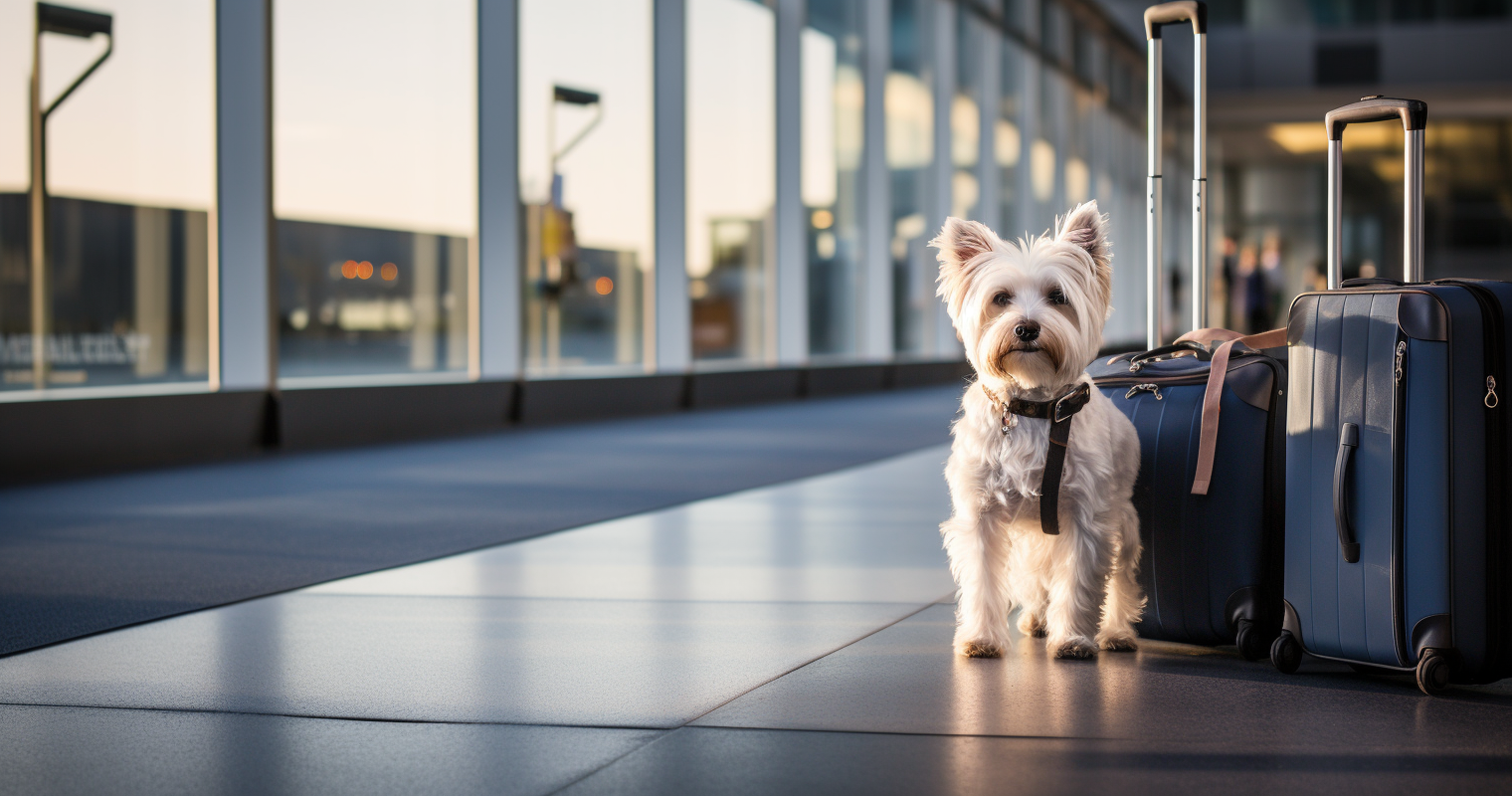Ireland – Property Building and Renovation

If you are planning on building or renovating a property in Ireland, there are certain rules and regulations that you need to be aware of. In this article, we will explore the different aspects of property building and renovation in









